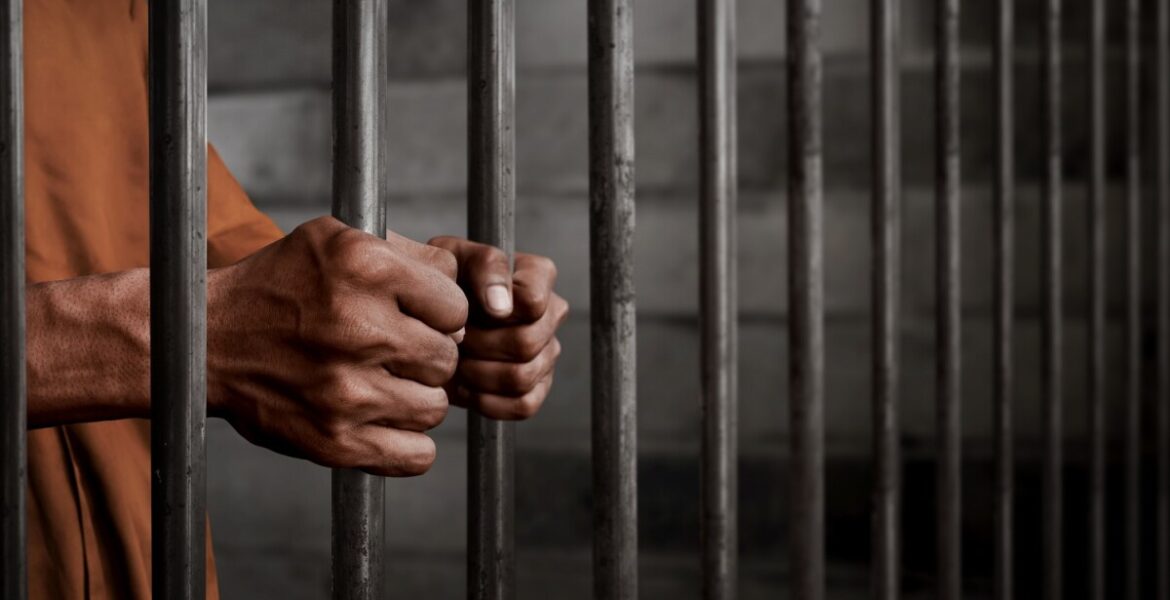- Botswana appears before UN Human Rights Committee today
- Has not implemented UN recommendation to inform condemned
prisoners’ families before executions
TEFO PHEAGE
Botswana finds herself against the wall going into this year’s United Nations (UN) Human Rights Committee to answer for is failure to implement recommendations and pledges made in the 2013 circle relating to the death penalty.
At the second cycle of its Universal Periodic Review (UPR) process in 2013, the Government of Botswana accepted the recommendation to inform family members of the accused of the execution before it was carried out but has not moved an inch to implement the recommendation.
At least seven men were executed from January 2018 to September 2021. Botswana, which will be appearing before the 133rd UN Human Rights Committee in Geneva, Switzerland from 20 to 21 October 2021, will be called upon to account for non-implementation of the recommendation.
The Botswana delegation will be led by the Minister of Presidential Affairs, Governance and Public Administration, Kabo Morwaeng, who will present the country’s Second Periodic Report which was due in 2019 and was submitted on 26 May 2020.
The report gives an account of the country’s implementation record of the International Covenant on Civil and Political Rights (ICCPR) to which it committed itself through ratification on 8 September 2000. The review of Botswana by the Human Rights Committee takes place today (20 October 2021).
Parallel to this, in their current report to UPR, the country’s NGOs led by Ditshwanelo say Botswana understates the brutality of executions in the country. “The executions by hanging are carried out in total secrecy,” says the report. “The authorities constantly fail to give prisoners sufficient notice about the death warrant and the date and time of execution.
“It was also mentioned that the method of carrying out the death penalty is done with care to preserve the dignity of the prisoner. The truth is (that) as long as the death penalty is involved, dignity cannot be preserved.”
The report further notes that Botswana authorities fail to return the bodies of executed persons to their families. “Burial of the executed persons on the prison grounds does not allow for their families to hold private burials and to visit the graveyard,” it says.
“This practice does not allow respect for the Setswana culture in which burials involve a mourning period, visits of relatives and acquaintances to pay condolences, a dignified funeral and a grave that can be visited by the loved ones.”
In addition, the report says no prior information is given to the families, relatives and lawyers of inmates on death row. “Therefore, the prisoners’ family members, relatives and lawyers are not able to visit the prisoner for a last time,” it empahsises.
The NGOs note that in paragraph 76 of its Second Periodic Report, the government acknowledges the need for another public opinion survey on the death penalty following one conducted in 1997. “During the Universal Periodic Review in 2013, Botswana accepted a recommendation to carry out public debates on the death penalty,” they say in their report.
“The Human Rights Unit, established in 2019 under the Ministry of Presidential Affairs, Governance and Public Administration, was to draft and implement a plan to hold the public debates. To-date, there has been no implementation.”

